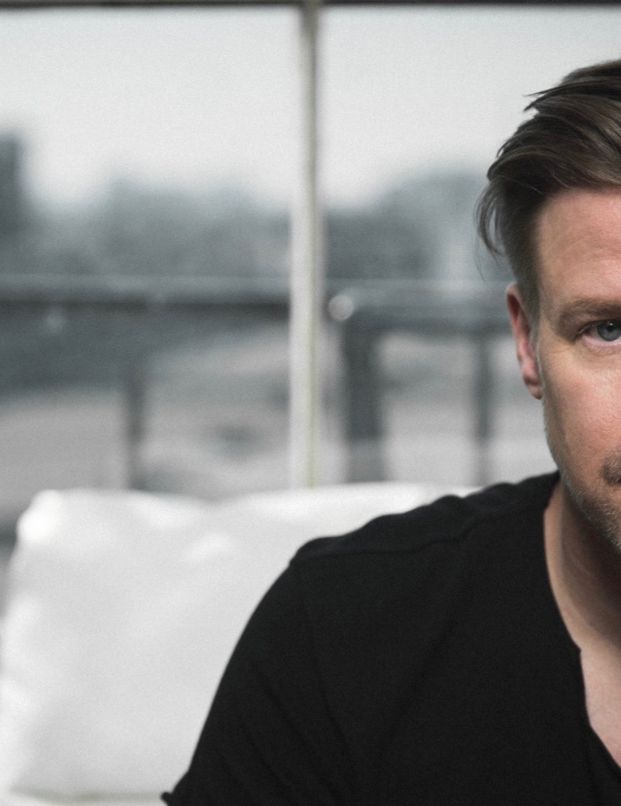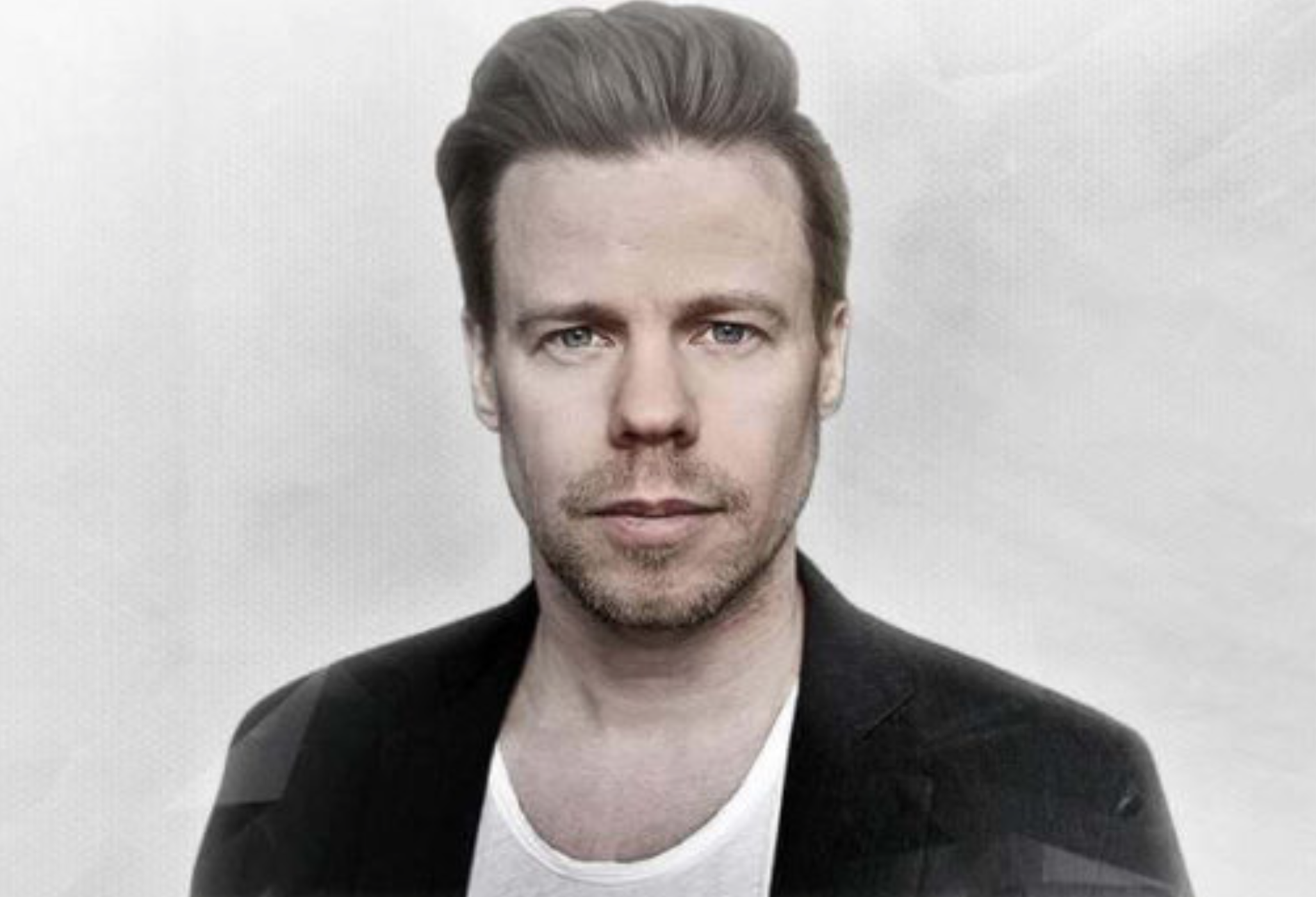I start my conversation with Dutch superstar producer, Ferry Corsten, with a hearty ‘congratulations.’ The last time we spoke, he told me of his ambition to write music for films: “if that’s permitted for me”, were his words at the time. And he’s only gone and done it — Don’t Go, directed by David Gleeson, lists Ferry Corsten as its composer. His reservation then was understandable — a film composer with a history of touring the world as a trance DJ isn’t the most common story in music.
But Ferry Corsten isn’t a musician interested in following a common story. His last album was conceptual; the stunning Blueprint, telling a sci-fi story of humans and androids. It’s narrated by House of Cards star, Campbell Scott, and the story was written by David H. Miller, who wrote for House of Cards also. A great way to test the water for a career in film scoring, perhaps.
“Thanks, man,” Corsten says, in response to my congratulations. “It’s an achievement.”
That’s certainly one way of putting it. A young man going from making records in his parents' attic in Rotterdam, to the biggest slots at behemoth festivals such as Tomorrowland, and consistently being amongst DJ Mag’s top 100 DJs is one thing, but making the jump from that world, to writing for a movie, which, of course, often requires very understated music, is another thing entirely.
“The whole thing came about because of Blueprint,” Corsten explains. “It landed on the desk of David Gleeson. He first approached me for two or three scenes, but after we had a brief talk about what he was looking for, he sent me a text saying he’d like me to do the whole score.”
I put forward that it must have been surreal, to so quickly go from that wanting stage, to having achieved it.
“Oh, it's been amazing. It’s almost like you put your mind to something, and then the universe makes it work for you. I definitely watched some tutorials! [laughs] Junkie XL’s tutorials were very helpful.”
Junkie XL is also a dance music producer who is now fully established as a film composer, collaborating with the likes of Hans Zimmer.
“Making music is one thing, but making it to picture is a different set of rules that I had to get familiar with. My first question to David was: ‘What are you looking for? Something completely orchestral? Completely electronic?’ It ended up being a blend of both, but definitely no dancey stuff at all. It’s all cinematic.”

